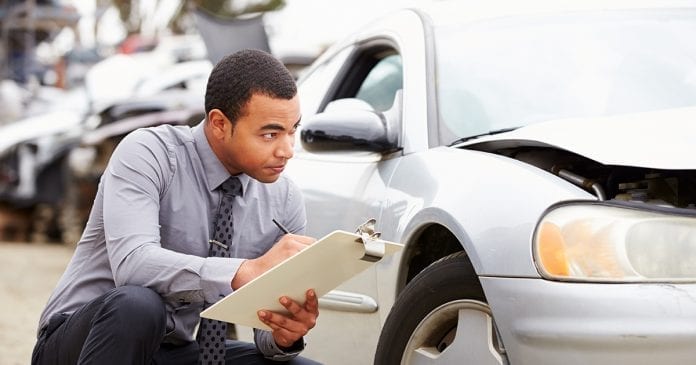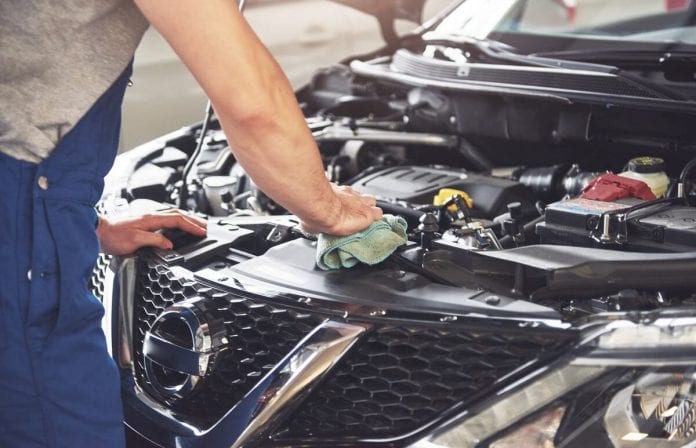People buy new cars for a lot of reasons. Some prefer to drive the latest model as a style statement, others might think of buying a new car because the one they have is getting old and demands a lot of maintenance. Regardless of the reason you have, when you are buying a new vehicle, you will surely get a manufacturer’s warranty.
One of the main perks of buying a new car is the manufacturer’s warranty that comes with it. After all, knowing that many of your car’s repair expenses will be covered for a specific amount of time leads to a level of satisfaction that can’t be beaten.
But what happens to the manufacturer’s warranty when you decide to sell your car with certain coverage remaining on it? Is a car warranty transfer possible in this case? In this article, we aim to help answer this burning question of yours. You can also click here for more information about car warranty.
A new-car/manufacturer’s warranty

A manufacturer’s or factory or new-car warranty is the coverage that comes with the purchase of a new vehicle. This coverage protects your vehicle against numerous repair & replacement costs for some years or until the achievement of a specific mileage target. So, while your car is covered by a manufacturer’s warranty, you can be best assured that your vehicle would remain in a reasonable condition. However, you also need to be mindful of the fact that there are certain actions that can void the manufacturer’s warranty. For instance, if you have modified your car’s engine, its exterior or any integral body part that may affect other functions of the vehicle would make your manufacturer’s warranty void.
A manufacturer’s warranty generally includes:
- Bumper-to-Bumper Coverage: It covers almost all parts of the car except for the items that wear out over time.
- Powertrain Coverage: It covers the components of the car that power it or get it moving on the road such as the engine and transmission.
- Roadside Assistance: Includes perks such as emergency fuel coverage, battery replacements, jumpstarts, key retrieval, and basically anything else that helps put your vehicle back on the road if it has broken down.
- Corrosion: While component coverage is crucial in its own right, ensuring that your vehicle looks a specific way is important as well. This is what corrosion coverage strives to ensure. In case an accident leaves your car with a rusty or corroded surface, you can rely on corrosion coverage to cover the costs to fix that.
Is it possible to transfer the manufacturer’s warranty?

It’s highly possible for you to lose interest in your car as years go by, and become interested in a new vehicle. But before purchasing the new car, you would probably consider selling the used one to someone else. But what if the warranty on your car is still valid? Will it be transferred to the new owner; shall they buy the vehicle from you? Or, will the warranty remain with you and get transferred to your new car?
In many instances, the manufacturer’s warranty ends up staying with the car it came with. The reason behind this is that this warranty is linked with the car’s unique Vehicle Identification Number (VIN) rather than registered under the owner’s name. Therefore, the car warranty transfer process is extremely easy in such cases.
However, not every automaker offers warranties that can be transferred from one owner to the next. In such cases, the remaining coverage quota is nullified as soon as the ownership of a vehicle is transferred from the original owner to the next one.
Therefore, you should always make it a habit to find out if the car you are buying comes with a transferable warranty or a non-transferable one.
In certain cases, the manufacturer’s warranty is transferable but not fully. That means the coverage will be reduced to an extent once the car has been transferred to the new owner.
The easiest way to find out if your vehicle’s warranty is transferrable or not is by giving a call to the customer support department of the manufacturer. Moreover, you can also review the policy documents you have signed at the time of purchasing the vehicle. This will give you an idea if your car’s manufacturer’s warranty is transferrable or not.
How to transfer the manufacturer’s warranty to the new car owner?

As mentioned above, the new-car warranty is generally linked with the VIN of the said vehicle. So, in most cases, not much will be required from your end when it comes to transferring. In some cases, though, you might be required to reach out to the car dealership and brief them about the situation so they could explain to you how to get the warranty transferred.
Assessing the transferability of the best new-car warranties

Let’s find out if the warranties offered by leading automakers are transferable or not.
- Hyundai: Certain coverages offered by Hyundai are transferable while others aren’t. For example, the powertrain coverage of 10 years/100,000 miles will be cut down to five years/60,000 miles if you sell your car to a new owner. Additionally, the lifetime Hybrid Battery Warranty (comes with the hybrid cars made by Hyundai) is reduced to a term of 10 years/100,000 miles upon the confirmation of the transfer.
- Volkswagen: If you sell your Volkswagen vehicle to someone, the remaining warranty term on the car will be directly transferred to the new owner.
- Kia: While Kia’s warranty is transferable, the powertrain coverage is cut down from 10 years/100,000 miles to five years/60,000 miles once the new owner assumes ownership of the vehicle. The standard warranty plan, the anti-perforation coverage, as well as, the roadside assistance program, are transferable too.
- Jaguar: The basic manufacturer’s warranty that comes with a new Jaguar vehicle is fully transferable.
- Nissan: Not only Nissan’s new-car warranty is transferable but also, in most cases, the transfer completes without requiring the original or the second owner’s involvement. However, certain details might be required from the original owner in case they decide to sell the car within six months of buying it.









